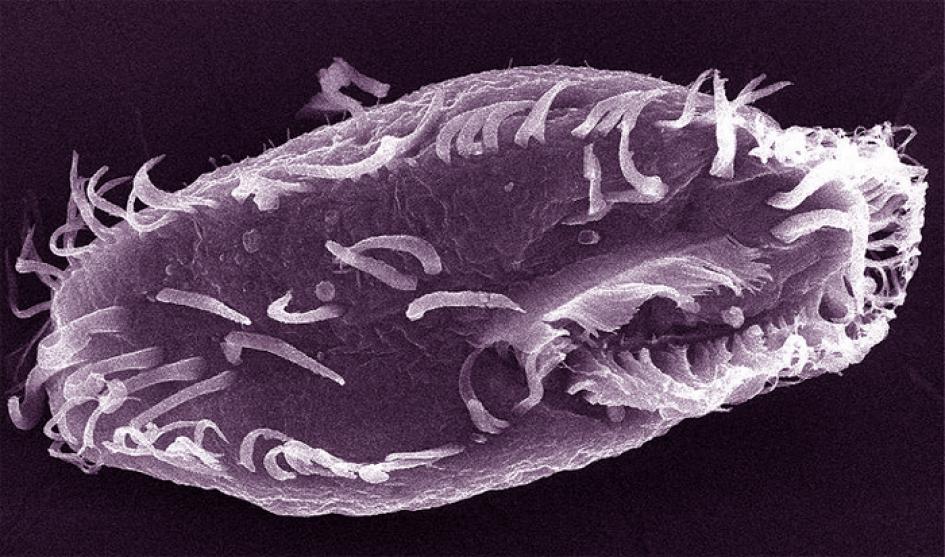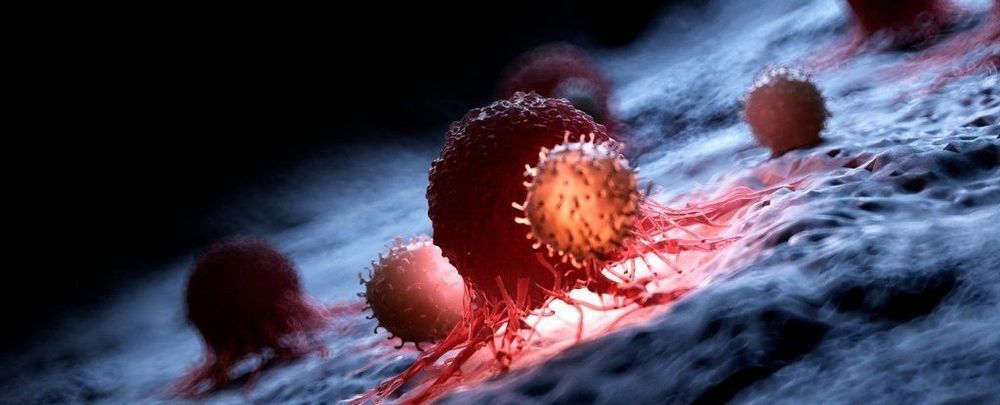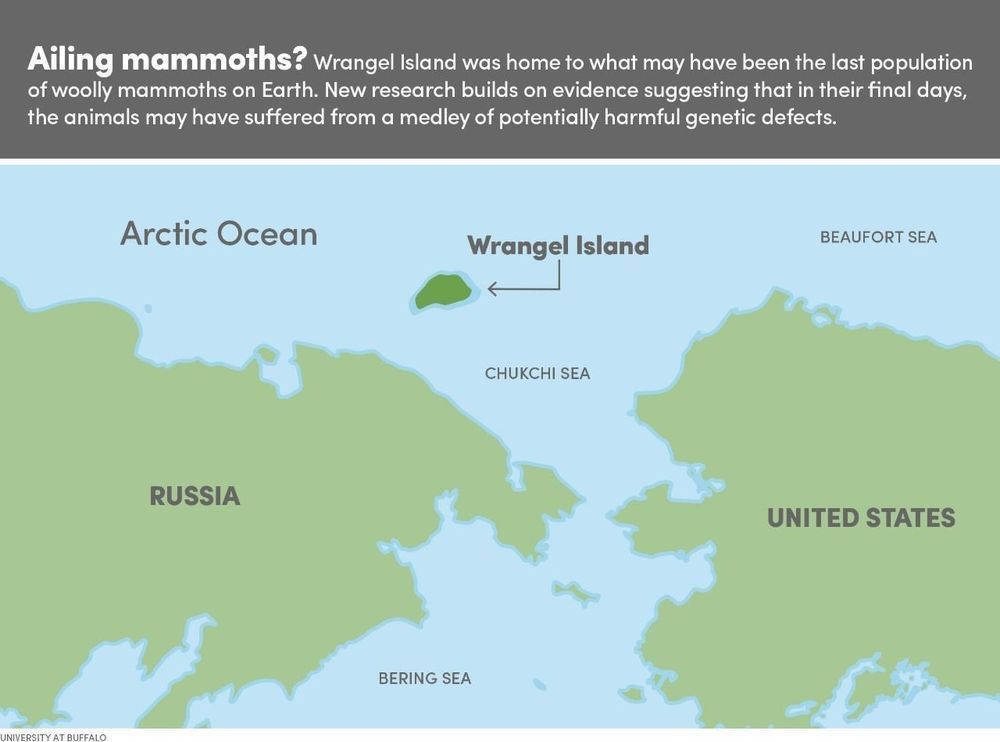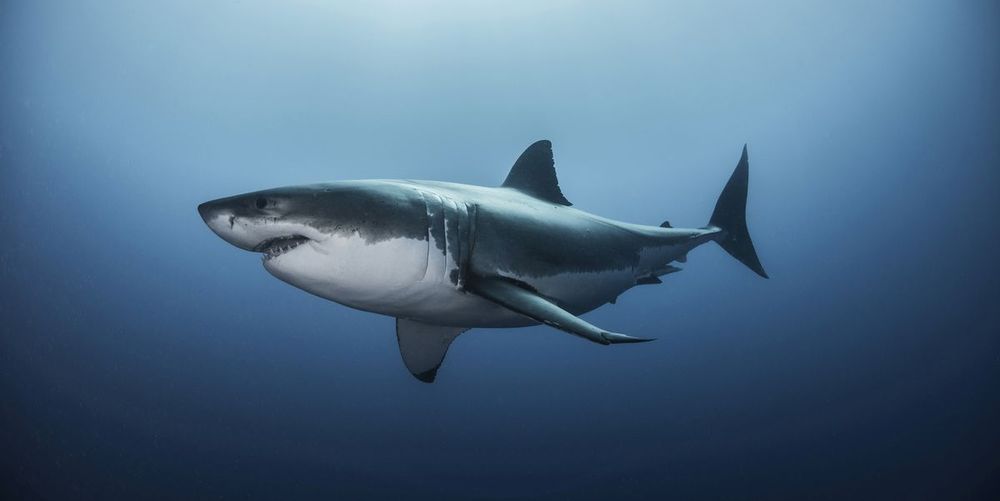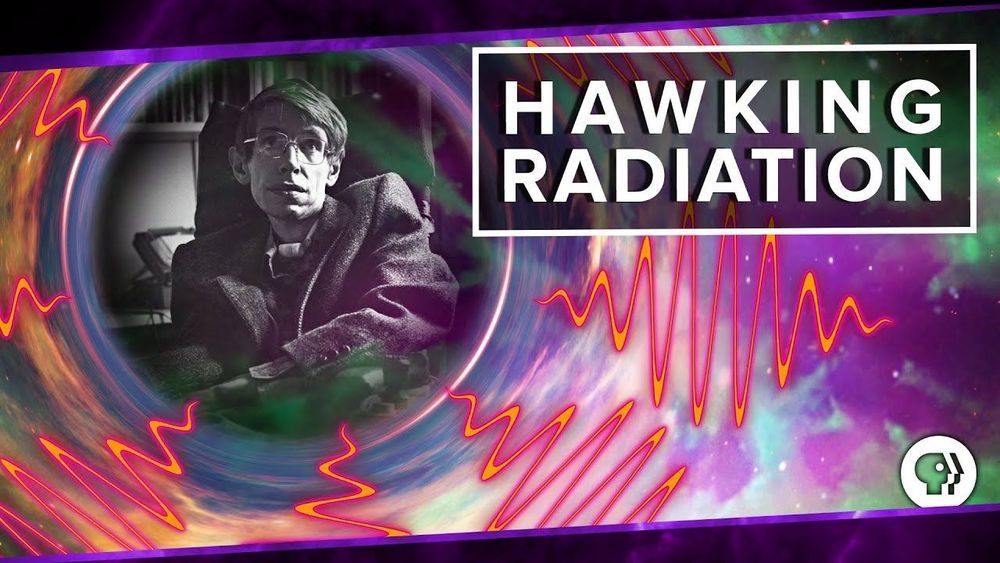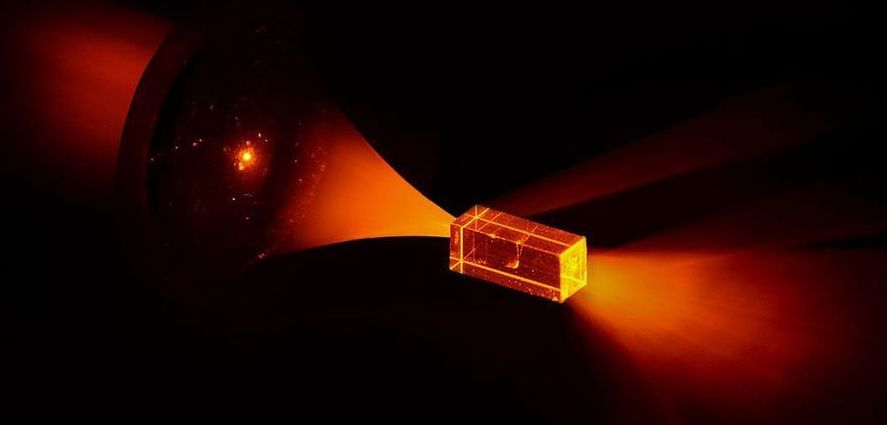O.o!
From the office of the governor:
Salem, OR—Governor Kate Brown today declared a state of emergency in three Oregon counties due to severe flooding, increased snowmelt, landslides, and erosion. This declaration comes at the request of local legislators and is based on the recommendations of the Oregon Office of Emergency Management (OEM).
“Fast-moving, severe floods have required the evacuation of residences and shut down critical roads in northeastern Oregon. I am grateful for all of our first responders for their efforts to keep our families safe since the waters began rising,” Governor Brown said. “This emergency declaration ensures state resources, emergency response personnel, and equipment can be activated to complement critical local resources as this situation progresses.”


